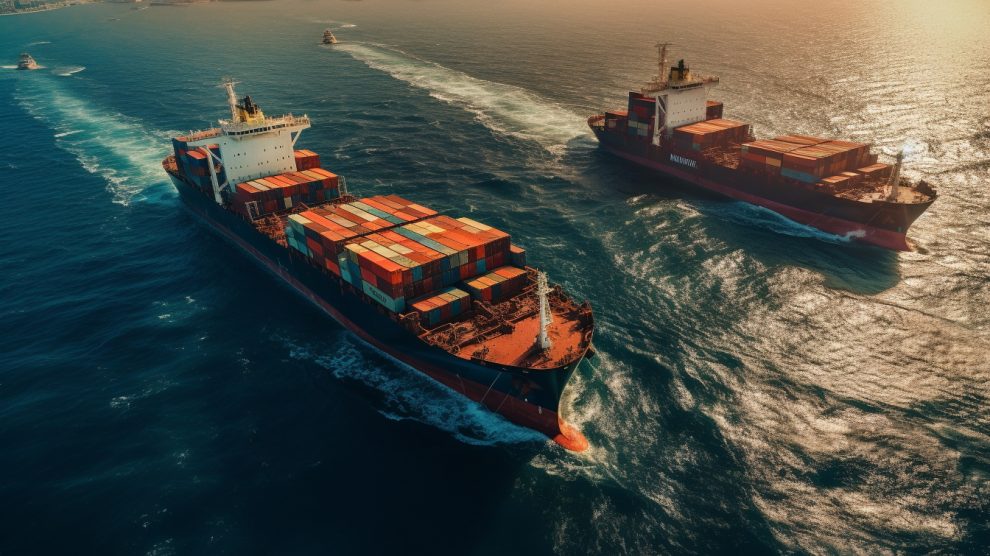Ship traffic… through the Red Sea remains stagnant despite a ceasefire declared by Yemen’s Iran‐backed Houthi rebels.
- Initially targeting vessels in solidarity with Hamas after the Gaza war erupted, the truce has not restored confidence.
- As a critical trade corridor within the Indo‐Mediterranean, the area remains too risky for most shipping companies, which continue to reroute around Africa.
Why it matters. The Red Sea links European and Asian economies, and prolonged instability threatens global supply chains, drives up shipping costs, and fuels economic uncertainty.
- With tensions still simmering, a full resumption of transit appears unlikely in the near term.
State of play. According to the Joint Maritime Information Center (JMIC), no new attacks have been reported since the Houthis declared a truce last month, yet transit numbers remain unchanged.
- The Houthis – part of the Iran‐backed “Axis of Resistance” – used attacks not only as a show of solidarity with Palestinians but also to assert strength in Yemen’s civil war negotiations.
- Shipping executives warn that any return to normal operations in the Red Sea will be slow and cautious.
Between the lines. The Gaza ceasefire remains fragile, with both sides accusing each other of violations.
- US President Donald Trump has suggested that Israel should abandon the ceasefire with Hamas if non-compliance persists, raising the risk of renewed hostilities.
- Despite the current pause in attacks, JMIC advises shippers to remain vigilant, as the threat to merchant vessels has not diminished.
Expert’s take. Martin Kelly, head of advisory at EOS Risk Group, warns that the Red Sea ceasefire is directly linked to the fragile truce in Gaza.
- “The ceasefire against shipping in the Red Sea is directly correlated to the Gaza ceasefire. If the ceasefire breaks down, the risk to shipping returns”, he said.
- “We saw last week how fragile the truce is following Trump and, subsequently, Israeli Prime Minister Netanyahu’s ultimatum to Hamas to release all remaining hostages. During this discussion phase, the Houthis reiterated their commitment to Hamas”, he added, arguing that Israeli ships “remain a target in the Red Sea.”
- “If the ceasefire breaks down and other countries are responsible (such as the United Kingdom and the United States), then their ships will be targeted too”, he stated.
- “We remain in an unknown space at the moment where the Houthis could return to attacking ships almost instantly if they wished – so companies are not resuming transits yet based on this scenario,” he concluded.





